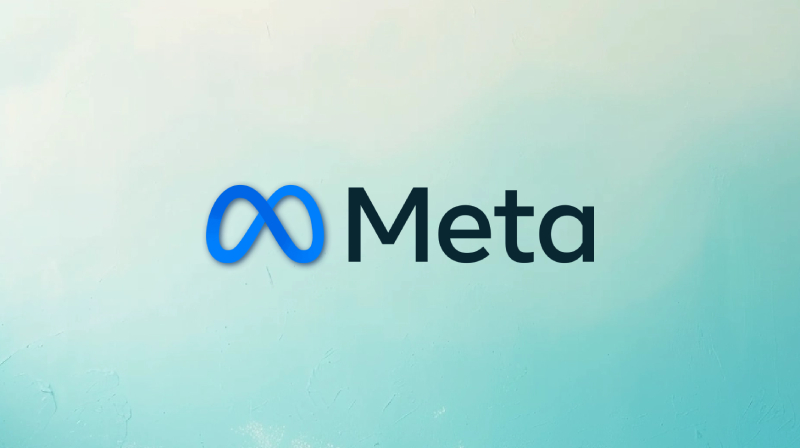Meta Platforms, the social media giant behind Facebook and Instagram, has hit a roadblock in its European rollout of AI models. The company announced a delay in launching these models due to a directive from the Irish Data Protection Commission (DPC).
The DPC, acting as Meta’s lead regulator in Europe, raised concerns about the company’s plan to train its large language models (LLMs) on data sourced from public content shared by Facebook and Instagram users. This decision follows complaints filed by advocacy group NOYB, urging data protection authorities across several European countries to take action against Meta’s practices.
Meta expressed disappointment with the DPC’s request, claiming they had incorporated regulatory feedback throughout the development process and kept European regulators informed since March 2024. They argue the delay hinders European innovation and competitiveness in the field of AI.
The specific concern revolves around user privacy. The DPC likely wants to ensure Meta obtains explicit user consent before using their data to train AI models, even if the content is publicly shared. This aligns with the European Union’s General Data Protection Regulation (GDPR), which prioritizes user control over their personal information.
This incident highlights the ongoing tension between technological advancements and data privacy regulations. While AI development thrives on large datasets, these datasets must be ethically sourced and comply with user privacy laws.
The outcome of this situation remains to be seen. Meta might need to adjust its data collection practices or seek alternative training methods to satisfy the DPC’s requirements. This could involve anonymizing user data or acquiring datasets that explicitly allow such use. The impact of this delay extends beyond Meta. It serves as a cautionary tale for other companies developing AI models in Europe, emphasizing the importance of data privacy compliance in the region.











